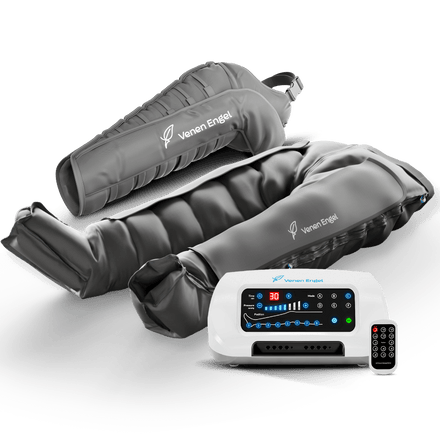01.10.2024
Lipedema Column – Part 6
Lipoedema and Social Media: Curse or Blessing?
Instagram, TikTok, and Facebook are indispensable nowadays. It is a fixed
Part of our lives and we get all our information from the net, get
us inspiration and use it for exchange. Also for us lipedema sufferers, the
social media a valuable resource. It offers support through others
Affected individuals can get valuable tips and connect with other people affected by lipedema
connect. I learned through Instagram that I am not alone with my chronic
Illness, that was very important for me.
But at the same time, social media also carries risks, especially for the
Self-esteem and mental health.

Social Media
Here, those affected by lipedema have a space where they feel seen and understood. By exchanging experiences with others affected, the feeling of loneliness is reduced, and one no longer feels so helpless and abandoned. There are Facebook groups where surgeries and experiences are discussed, self-help groups where we can find helpful tips, and people who know exactly how it feels to have lipedema.
There are now many lipedema accounts on Instagram, and each of these women has her own way of dealing with lipedema and shares it. This helps many to better cope with the condition of lipedema. There are accounts that show what lipedema really looks like and that you can lead an active and positive life despite this condition. Or accounts that provide nutrition tips and show their life after liposuction. This type of visibility can help many affected individuals feel more comfortable again, assist in making decisions, and regain more self-confidence with and despite lipedema.
Unfortunately, there is also another side...the disadvantages of social media
Despite these many positive aspects, there are also negative sides. Due to the constant confrontation with idealized bodies, we women with lipedema are under pressure. We see how others look every day. Without chronic illness. Depending on how your algorithm is set on platforms like Instagram and TikTok, you are shown perfectly staged, slim bodies that are far from the reality of many people. Comparing ourselves to these images can lead us women with lipedema to devalue ourselves and our bodies, which further weakens the often already poor self-esteem.
There is a risk that we believe something is "wrong" with us, although the real problem is the lack of awareness about the disease lipedema and its specific requirements.
Little tip
To harness the positive aspects of social media without being influenced by the negative ones, it is important to approach one's own behavior consciously and critically.
The constant comparison with idealized bodies or following accounts that are not good for you can negatively affect your self-image in the long run. Therefore, it is important to regularly check your own "feed" and only follow those who truly inspire, convey a realistic image, and, for example, also have lipedema.
If you like, you can ask yourself these three questions to find out whether your current media consumption is beneficial or rather burdensome for you.
Three Questions on Reflection
- Do you often compare yourself to pictures/videos of other people on social media and feel worse afterwards?
- Are the accounts you follow realistic, with a supportive approach, or do they pressure you to conform to a certain ideal?
- Do you feel inspired and supported after using social media, or rather frustrated and dissatisfied with yourself?
It is important to critically question this repeatedly so that you get the best benefit from social media. You should benefit from it and not feel bad about it. Take good care of yourself and don't lose yourself in an online world where everything often looks so perfect.
All the best for you,
Talia


